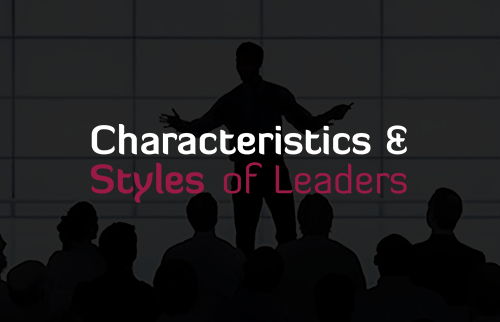دبلوم التحليل القيادي
التقييم
المستوى متقدم
الشهادة
الاختصار
وصف الدورة
يتألف دبلوم التحليل القيادي من ثلاثة دورات وهي:
أ. تحليل النمط القيادي: تعتبر هذه الدورة من أهم الدورات في تحليل الأنماط الشخصية والتي تم تطويرها بالاعتماد على مقياس DISC العالمي، فهو يساعد على تقييم السلوك الشخصي للأفراد من خلال أربعة أبعاد رئيسية وهي: السيطرة والتأثير والاستقرار والمثالية.
ب. القيادة المؤسسية: تساعد هذه الدورة على تقييم أي عمل قائم أو بناء عمل مؤسسي قائم على أركان راسخة من خلال تطبيق معادلة المؤسسية وذلك لقياس مستوى المؤسسية في العمل مما يحقق له الاستدامة والنمو سواء كان العمل ربحي أو خيري أو تنموي.
جـ. القيادة الموقفية: إن نظرية القيادة الموقفية هي النموذج القيادي الأكثر تعليماً في العالم فهي أفضل استراتيجية يتم تطبيقها لتقديم التوجيه والدعم اللازمين لتحسين الأداء والإنتاجية والمسؤولية.
يتألف هذه الدبلوم من 3 مقاييس علمية:
- تحليل النمط القيادي
- أركان العمل المؤسسي (يتألف المقياس من 120 سؤال لقياس 12 ركن في أي عمل)
- تمرين القيادة الموقفية (وهو عبارة عن 16 حالة عملية لقياس آلية التعامل مع كل حالة وفقاً لكفاءة المرؤوسين وحماسهم)
أهداف الدورة
في نهاية الدورة، سيكون المتدربون قادرون على:
- المساعدة في اتخاذ قرارات صائبة في تعيين قادة أعمال فعّالين
- التطوير من مستوى وعيك الاجتماعي ومهاراتك الاجتماعية
- فهم الأنماط الشخصية الرئيسية الأربعة لاختبار DISC
- التعرف على آلية وكيفية تطبيق مقياس المؤسسية بما يضمن ثبات العمل واستمراريته من خلال إجراء اختبار لقياس مستوى المؤسسية مما يساعد على التعرف على نقاط القوة والضعف بالإضافة لقياس مستوى المؤسسية وتحديد الخلل في كل جانب من أركان التنظيم بها، والتركيز على هذه الأركان في علاج مشاكل المؤسسية
- فهم طبيعة عمل المؤسسات والمحاور الهامة التي لا يمكن لأي منظمة الاستغناء عنها مما يؤدي إلى إعادة هيكلة المنظمات على نحو مؤسسي حديث ومتطور
- القدرة على التعامل مع كافة أنواع المرؤوسين وشخصياتهم وتحليلها، والتعامل معهم بناءً على المواقف والمهمات والوظائف الموكلة إليهم
وصف الشهادة
للحصول على شهادة دبلوم التحليل القيادي ينبغي على المتدرب اجتياز الامتحان النهائي وتحقيق نسبة حضور تتجاوز 80%.
الشريحة المستهدفة
- القيادات العليا للشركات والمنظمات والمبادرات
- المدراء التنفيذيين
- مدراء الإدارات الوسطى والإدارات الإشرافية الذين يملكون الدافع لتعزيز مهاراتهم وقدراتهم ومعارفهم ليصبحوا قادة أكثر فعالية
- الاستراتيجيين ومسؤولي التخطيط الاستراتيجي في المنظمات
- مدراء الأقسام والإدارات والمشاريع وفرق العمل
- رواد الأعمال وأصحاب المشاريع الخاصة
- الموظفين الراغبين بتحقيق تقدم في مسارهم الوظيفي والمهني
- كل من يرغب بدخول عالم قيادة الأعمال والحصول على مهارات عملية متناسبة مع سوق العمل

-
AlTANMYA Address
Damascus, Syria Near the US Embassy, Malki
-
Contact Number
+ (963) 11 334 5537 + (963) 99 6666 037

ابحث عن الدورات التدريبية
املأ النموذج أدناه و ابدأ البحث










